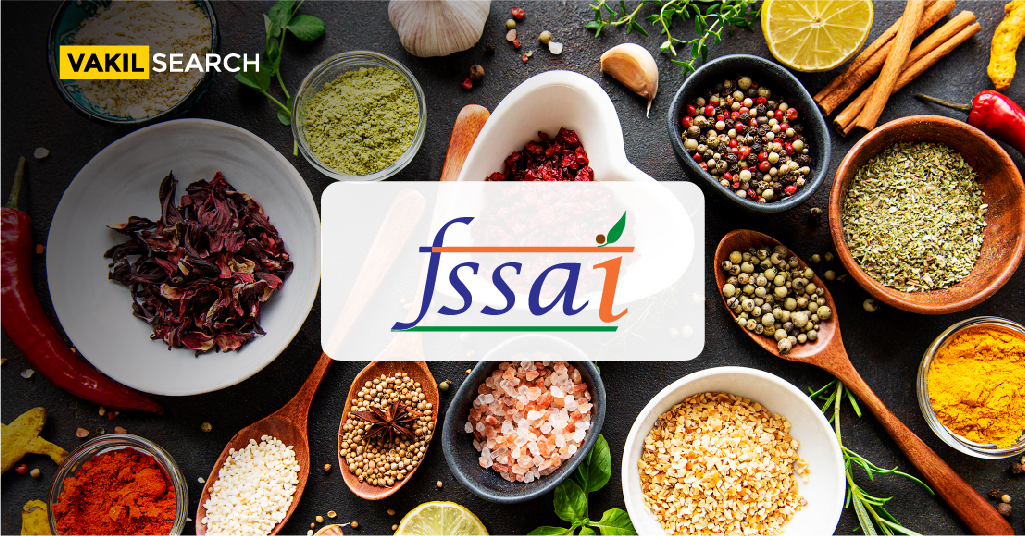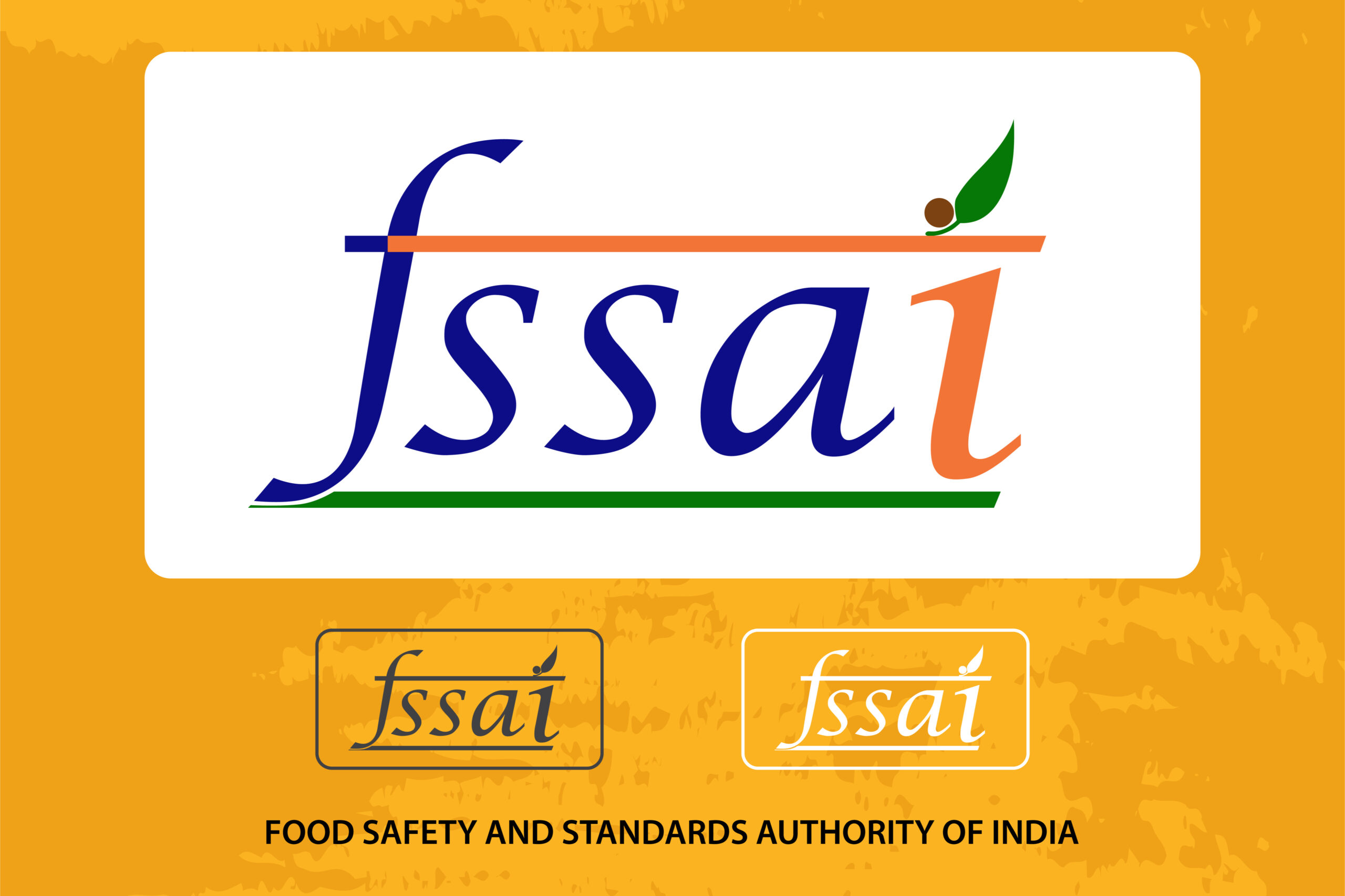As a result of COVID-19, the FSSAI has granted additional time to FBOs (Food Business Operators) and distribution agencies to comply with the Food Safety and Standards (Recovery and Distribution of Surplus Food) Regulations, 2019. The deadline for compliance has been extended until 1st January 2021 according to a notification dated 25th June 2020.
Are you planning on starting a food delivery business? Over the past few years, such a platform has become a viable and lucrative business opportunity. However, like with any other business, this too must comply with some regulations. Additionally, you will also need to obtain a few licenses to ensure that the online food delivery service is legally compliant. In this article, we will take a look at the licenses and permits needed to start a food delivery service in India.
- Are food delivery services a good business option?
- What are the licenses needed for starting a food delivery service in India?
- What documents are required to start a food delivery service in India?
- Things to consider before starting a Food Delivery Business in India
- How can Vakilsearch help you?
Are Food Delivery Services a Good Business Option?
One of the best things about such a business is that food cannot go out of fashion or have demand fluctuations. The demand for food is ever-present, and take-outs are on the rise due to a large number of students and single people living alone now. Most of these youngsters do not wish to cook for themselves and hence order out.
As a result, the demand for hygienic, healthy, and tasty food is on the rise. Therefore, starting an online food delivery service is an excellent business option if you are someone who enjoys cooking. However, before you start, let’s take a look at the licenses you need to operate such a business in India.
What Are the Licenses Needed for Starting a Food Delivery Service in India?
Let us now take a quick look at the compulsory licenses you need to start such a business in India,
Shop Act License
If you wish to run a food truck, restaurant, or online food delivery service, you must get such a license. They take around 30 working days to obtain, and the Department of Labour handles their regulation. Since the license is state-specific, all businesses must register as per their State’s guidelines.
Health Trade License
Establishments that have an impact on public health must acquire such a license to assure customers, and the government that the food served is hygienic and clean. The Municipal Corporation of your city will be responsible for issuing such a license.
FSSAI License
The FSSAI license is mandatory for all food business operators working in India. To obtain this license, establishments must register with the Food Safety and Standard Authority of India and then opt for the appropriate license. In case your business generates less than ₹ 12 lakhs a year, you will need to get an FSSAI registration. If the company makes between ₹ 12 lakhs and ₹ 20 crores in a year, you will need to obtain a State License. If you wish to expand your business to other states or make more than ₹ 20 crores a year, you will have to get an FSSAI Central License.
Trademark Registration
In case you have a unique product name or logo and want to protect the brand, you must obtain a trademark registration. Since online food delivery services work as an e-commerce business, it is best to register the trademark to protect your logo.
GST Registration
If you earn more than the GST exemption threshold, you will have to register for the GST. While the threshold for businesses is ₹ 40 lakhs, all e-commerce businesses must mandatorily obtain a GST registration.
Signage License
In case you wish to market your brand via posters, images, and testimonials, you will need to get a signage license. Your local municipal corporation can issue such a license that will enable you to take up better marketing strategies.
E-commerce Agreements
These will help you define professional relationships with third-party businesses and delivery partners. The agreement will cover all business points, such as details of the services, the term of the agreement and the payment methods. Having such a legal contract in place will help prevent misunderstandings later on.
What Documents Are Required to Start a Food Delivery Service in India?
Entrepreneurs will need to submit the following documents if they wish to start a food delivery service in India.
- Permanent Account Number – Company PAN Card
- Photo ID of the applicant
- Proof of address of the applicant
- Banking details of the applicant
- Certificate of Incorporation
- Food license
- No Objection Certificate from the owner of the place of business
- GST Registration
- EPF and ESI Registration, if required
- Professional Tax Registration, if required
Effect of Food Delivery Business in India
In places like malls, offices, and large-party orders for residential complexes, the take-out or food delivery business model in India attracts more customers. Breakfast was lost while travelling to work. those who would prefer a better selection of business lunches or parties. Everyone seems to be in awe of the decision to operate a home-based food delivery business due to its applicability and speed. Additionally, the availability of business foods from your mobile app or internet has undoubtedly taken away market share from the reliable “Kirana” or the mom-and-pop shops.
India is the sixth-largest global market for groceries. The planned sector, as operated by roughly the business indicated above, accounts for only 5-8% of the supermarket corporation’s market share. These neighbourhood markets and other businesses still control the vast mainstream. As more individuals choose to eat restaurant-style food in the seclusion of their homes or offices, this has some misleading effects on the brick-and-mortar arrangements of in-dining restaurants, but the effect is not as great as it may first appear to be.
Considerations for an Indian Food Delivery Business to Be Successful
Before the entrance of meal delivery services like Uber Eats, Swiggy, and Zomato became common, Dabbawalas of Mumbai were famous as an exclusive model built upon an everyday need for delivering handmade food to city specialists and workforces. In India, a number of meal delivery services have grown throughout the years.
Considerate the Worldwide Story of Food Delivery Business
The primary drivers of change for the food delivery business in India have been the simultaneous development of websites, mobile apps, or both.
- Wealthy middle-class individuals with a steady ability to spend money on their preferred types of meals and cafeteria treats.
- Access to smartphones and mobile internet at high speeds for large populations.
- The majority of people in India rely heavily on mobile apps for their daily lives.
- A variety of popular foods and flavours to sample various foods.
- A thriving restaurant industry offering a variety of high-quality cafeterias serving food with varying price tags.
- Growing need in India for prompt and efficient food delivery.
- Pricing competition is heightened by special offers and discounts, which are a major incentive for customers to place larger food orders.
- If you look closely, you’ll see that each of these characteristics is shared by the urban Indian population, which is increasingly developing a relationship with food delivery services and enterprises.
Things to Consider Before Starting a Food Delivery Business in India
- Since a lot of licenses and permits depending on the locality of the business, make sure you contact an expert to understand the legal requirements of starting such a company.
- Make sure you conduct a thorough market analysis to gain an understanding of your consumers and their requirements. This will help you target the right market and prepare the right kind of menu depending on what your audience expects from you.
- To protect your assets, it is best if you incorporate the business as a separate legal entity. Talk to a lawyer to gain an understanding of what legal structure to incorporate and the processes involved for the same.
- Look for multiple vendors before finalizing on your suppliers. Also, it is best if you form a long-lasting relationship with such vendors as that will help you get better deals and prices. However, never compromise quality and ensure that everything you buy is hygienic and safe.
- Marketing is an integral part of running any business that you cannot ignore. Distribute flyers, advertise in local papers, and spread the word through friends and family initially. As your business expands, you can devote more resources into marketing to grow your food delivery service even more.
Conclusion
Our lawyers can help you understand precisely what licenses and permits you need to obtain to start an online food delivery business. Vakilsearch can help file all your license applications so that you don’t have to worry about legal documentation. We also offer a slew of services related to accounting, tax registration, and filing, which will help you run your business smoothly and efficiently.
Also Read









